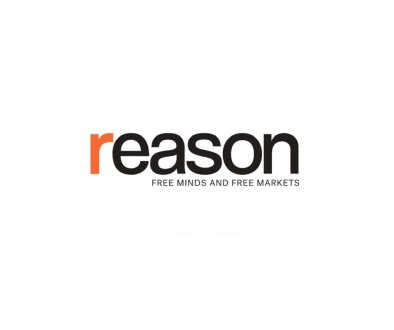Hate Speech and the European Court of Human Rights: Article 17, Memory Politics, and the ECtHR’s Selective Silencing
In this fourth guest entry on The Volokh Conspiracy, I examine a domain where the European Court of Human Rights (ECtHR) and the now defunct European Commission on Human Rights (EComHR) has shown a bold willingness to restrict speech, namely speech related to totalitarianism and genocide. But the ECtHR’s boldness in some cases is matched by inconsistency in others, raising a fundamental concern, when the memory of atrocity becomes a matter of legal privilege, which histories are protected, and which are negotiable? Through a close reading of key decisions, this post highlights what I call the Court’s “hierarchy of historical suffering.”
Article 17 and the totalitarian legacy
Article 17 of the European Convention on Human Rights (ECHR) prohibits the use of Convention rights for the destruction of such rights. The Court has interpreted this provision, especially in cases involving Nazi ideology and Holocaust denial, as a near-automatic bar to Article 10 protection. In Kühnen v Germany (1988), the EComHR declared inadmissible the complaint of a neo-Nazi convicted for distributing propaganda. The Commission reasoned that by invoking Article 10 to spread ideas that were fundamentally incompatible with the values enshrined in the Convention, the applicant sought to undermine the very rights the Convention was designed to protect.
A similar logic was followed in B.H, M.W, H.P. and G.K. v Austria (1989). The applicants were convicted of engaging in activities motivated by National Socialist ideology, including the production and dissemination of pamphlets denying the Nazi genocide of six million Jews. As members and leaders of the Aktion Neue Rechte party, they advocated for the reintroduction of traditional Nazi songs and titles within the organisation. They were sentenced to conditional terms of imprisonment under the National Socialism Prohibition Act, receiving sentences of nine, three, eighteen and twelve months respectively. The EComHR found that, considering Austria’s historical context and the underlying purpose of the Convention, the corresponding penalties imposed on the applicants were justified. It determined that Austria’s measures were consistent with the limitations outlined in Article 10(2), interpreting all relevant provisions through the lens of Article 17. It noted that ‘in view of the historical past forming the immediate background of the Convention itself’ the restrictions to the applicants’ activities were justified in the interest of national security, territorial integrity and for the prevention of crime.
This pattern shows a consistent application of Article 17 to anything related to National Socialism. While one might understand the historical sensitivity of Europe towards the genocidal atrocities of the Nazi regime, the result has been a categorical exclusion of speech directly or indirectly related to this regime that bypasses any balancing test under Article 10(2) of the ECHR
Article from Reason.com

The Reason Magazine website is a go-to destination for libertarians seeking cogent analysis, investigative reporting, and thought-provoking commentary. Championing the principles of individual freedom, limited government, and free markets, the site offers a diverse range of articles, videos, and podcasts that challenge conventional wisdom and advocate for libertarian solutions. Whether you’re interested in politics, culture, or technology, Reason provides a unique lens that prioritizes liberty and rational discourse. It’s an essential resource for those who value critical thinking and nuanced debate in the pursuit of a freer society.


